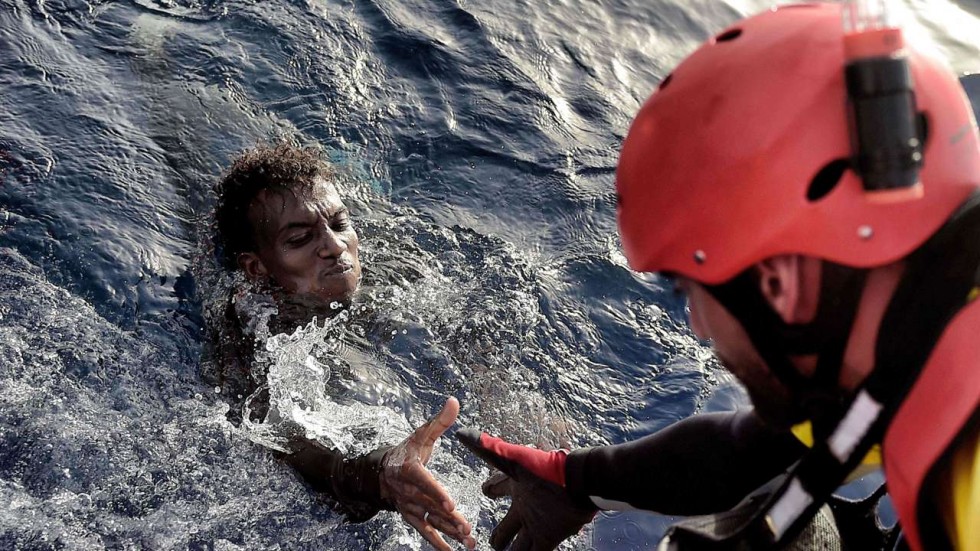The politics of compassion. That was the theme for this past weekend’s XVIII Humanitarian Congress Berlin. An aptly complex topic for today’s aid workers because compassion may not always prove a force for humanitarian good.
Compassion lies at the heart of humanitarian action. Unoriginal pun intended. The principle of humanity, which sets the purpose of humanitarian action, functions as a two-sided coin, at once the family of all human beings as well as the sentiment we feel for fellow human beings in pain. That constitutes humanitarian action as a rather radical enterprise, whereby compassion calls us to respond to the suffering of humans simply because they are human, not because we share the bonds of family, clan, tribe or nation. And it is a response that comes from within, not from external interest or motivation (political gain, military advantage etc.).
So much for the theory. Mind you, I believe in the theory. Yet I am also concerned about the power of compassion to lead humanitarians astray. For instance, the label of compassion is too easily slapped on the sort of pity and paternalism that degrade humanity, reducing people to beneficiaries, patients, victims and generally helpless masses who lack any agency in their lives.
Or, as I last blogged (see October 10th), compassion drives our attention as individuals, societies and organizations. Compassion brings aid. Good. But responding to crisis thus entails a distribution of our attention and compassion. When our compassion draws us towards Syria, Hurricane Matthew and hopefully soon to Nigeria and the Lake Chad basin it betrays the Central African Republic (yet again invisible), Myanmar or, (thinking back) the people in the Lake Chad/Nigeria region these past two years. Put differently, compassion may comprise one element of the principle of humanity but it has consequences for the principle of impartiality.
In reverse, attention can spark our compassion. So the vagaries of media interest – the profitability of some victims – help determine where we respond, or don’t. Witness a speaker on Friday who noted that at least one government in Europe tried to block publication of images of child refugees.
A parallel thread ran through Friday’s panel debate of medical care under fire. There, the sensational shielded the everyday, as the discussion remained tied to the US military bombing of MSF’s Kunduz hospital and the deliberate destruction of healthcare in Syria. It is precisely the shocking quality of such carnage that draws our compassion and condemnation. But it is perhaps also true that our greater concern, attention and action should be devoted to the banality of violent attacks on medical care, to the attacks against healthcare workers and points of care across the world, in exotic locations as well as in our home communities. Perhaps the everyday poses a far greater threat than the spectacular; it certainly poses a different problem, and not one so beyond our control as the abuse of violence by world superpowers.
The point is not to question compassion as a key characteristic (the motivation) of humanitarian action. The point is to question blind faith in our compassion, in its authenticity as well as its impact. It means that we must follow our hearts and at the same time seek out the blind spots, the unseen or unattended crises and the deception of our emotions.
That said, we must not abandon compassion for the sterility of formulaic needs assessments or automated ‘humanitarian’ action. At a fundamental level, the politics of compassion is the antidote to our self-inflicted politics of humanitarian universalism. Compassion grounds our action in the human being, rather than in the framework of multilateral abstractions we have erected to define humanitarianism; a massified, globalized set of principles and legal obligations that are proving ever more ineffective in speaking to people, let alone to the governments and belligerents most responsible for crisis.
